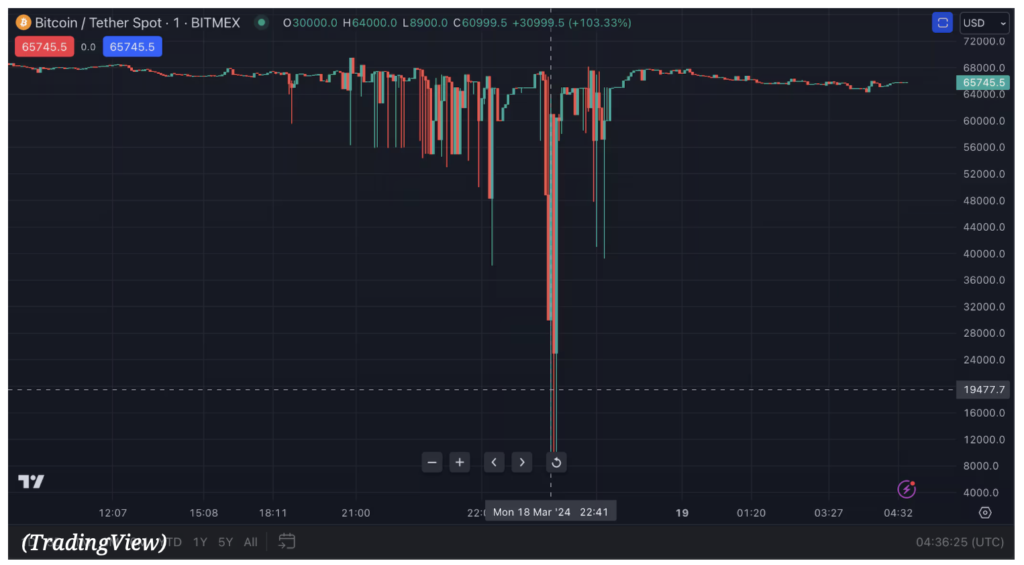
Source: Crypto Briefing
- Over the summer, the German government sold 50,000 bitcoins.
- Germany lost out on a potential profit of $1.7 billion because of the summer Bitcoin selloff.
- Since the summer cryptocurrency selloff in Germany, Bitcoin has increased by over 80%.
- Trump’s pro-crypto policies and reelection contributed to the rise in the cryptocurrency industry.
In the summer, when Bitcoin prices fell below $54,000, the German government sold out 50,000 BTC. According to reports, the sales brought in over $2.88 billion for the government, which caused a sharp decline in cryptocurrency values. According to analysts, Germany could have made far more money if it had held onto the digital asset a little longer.
The Dresden Public Prosecutor’s Office made a substantial $2.86 billion via the sale of about 49,858 bitcoins between June 19 and July 12, 2024. The money was obtained for pending criminal cases in the Leipzig Regional Court related to the “movie2k” issue.
The average price of Bitcoin at the time of the sale was $57,900 per coin. But according to new information, German officials had initially intended to sell the 50,000 BTC for $64,000.

The German government lost out on a possible $1.7 billion in profit from the sale of Bitcoin last summer, according to a post on X by cryptocurrency market watcherGuru. The recent rise in Bitcoin, which has been fueled by its surge since Donald Trump’s victory in the U.S. presidential election, led to this conclusion.
Bitcoin’s Rise After the German Selloff: Reaching an All-Time High
Bitcoin dropped below $50,000 following Germany’s selloff, but it rose once again three months later. Since November 5, the price of Bitcoin has experienced significant volatility before hitting new all-time highs.
According to data from TradingView, Bitcoin has increased by over 30% since Donald Trump was elected president, hitting $89,643. Investor confidence has increased because of this milestone, and many are expecting further growth in the months ahead.
The weeks-long selloff in Germany put a lot of selling pressure on the cryptocurrency market. In January, police in Saxony seized assets, which the government then auctioned. After these sales, Germany kept about 32,500 bitcoins.
Notably, Bitcoin’s recent surge is consistent with the four-year pattern that follows a Bitcoin halving. As 2024 marks another halving year, economists foresee an upward trend with greater price predictions. Investors are hopeful about Bitcoin’s potential for future rises, particularly given Trump’s strong support for cryptocurrency.
